Microbes
-
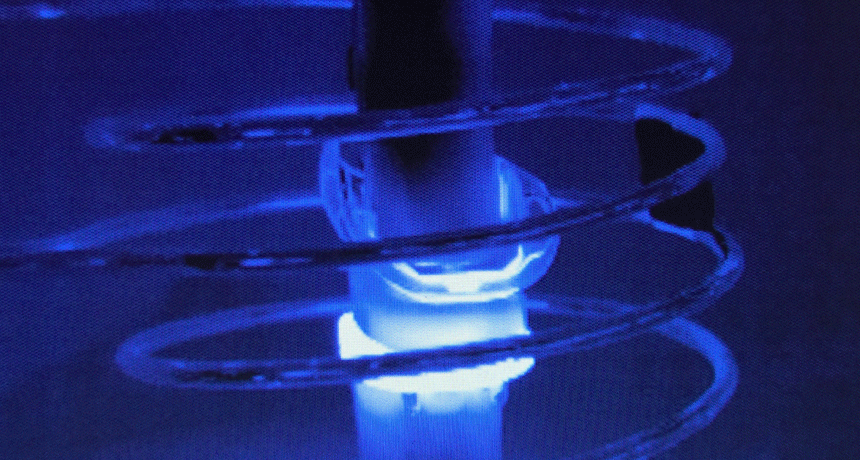 Tech
TechMagnetic heating may replace surgery to cure some infections
Scientists are testing magnetic fields as a way to kill bacteria that drugs normally cannot reach — such as those on medical implants inside the body.
By Ilima Loomis -
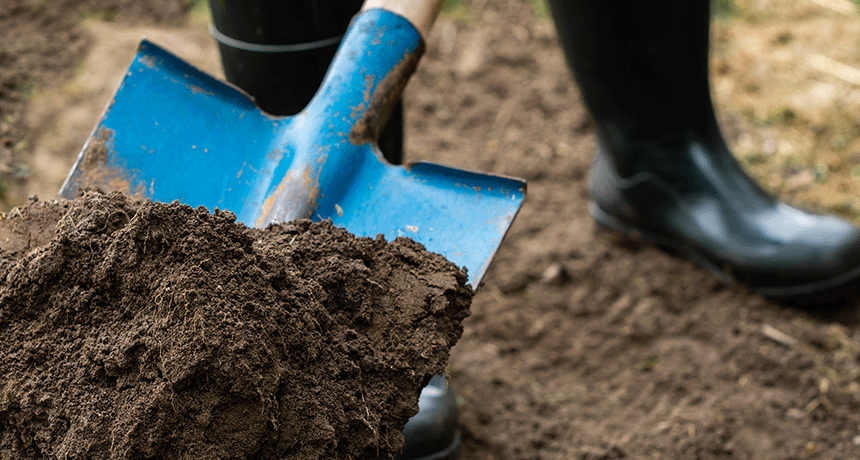 Earth
EarthCool Jobs: Unearthing the secrets of soil
In ordinary soil, scientists can find clues to past civilizations, evidence to catch criminals and bacteria that might help fight global warming.
-
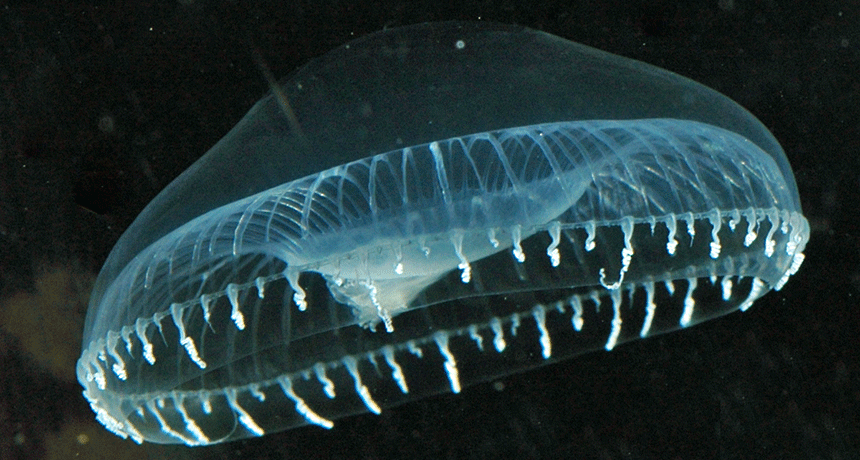 Animals
AnimalsScientists Say: Luminescence
Light and heat don’t always have to go together! Luminescence is what occurs when a substance emits light without making heat.
-
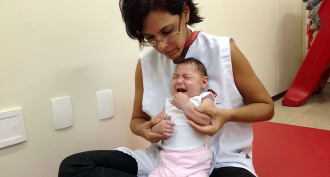 Genetics
GeneticsSmall genetic accident made Zika more dangerous
A new study finds that a tiny mutation made the Zika virus more dangerous, by helping it kill cells in the fetal brain.
-
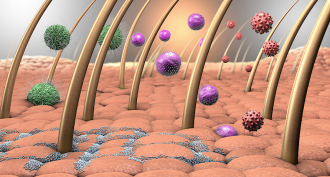 Microbes
MicrobesSweat-slurping ‘aliens’ live on your skin
Archaea are famous for living in extreme environments. Now scientists find they also inhabit skin, where they seem to enjoy sweat.
-
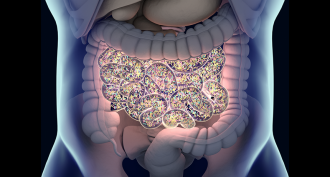 Health & Medicine
Health & MedicineHow bugs in your gut might hijack your emotions
Tiny molecules in the brain may help bugs in the gut hijack people’s emotions. That’s the conclusion of some new research.
-
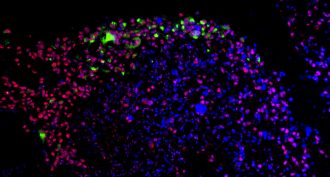 Brain
BrainCould Zika become a cancer treatment?
The same virus that provoked fear over causing birth defects, last year, may have a beneficial alter ego. Scientists find it may kill cells destined to form deadly brain tumors.
-
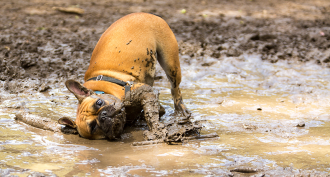 Health & Medicine
Health & MedicineGood germs lurk in gross places
What do poop, dog drool and snot have in common? Though disgusting, they all carry microbes that can help keep people healthy.
-
 Microbes
MicrobesUnder Antarctic ice, microbes gobble up greenhouse gas
In a lake far beneath the Antarctic ice sheet, scientists have found bacteria that eat methane, a powerful greenhouse gas.
By Ilima Loomis -
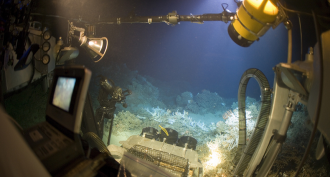 Oceans
OceansCool Jobs: Science deep beneath the waves
These scientists probe the sea’s depths, its strange inhabitants, the movement of water and how life evolves in extremes.
By Ilima Loomis -
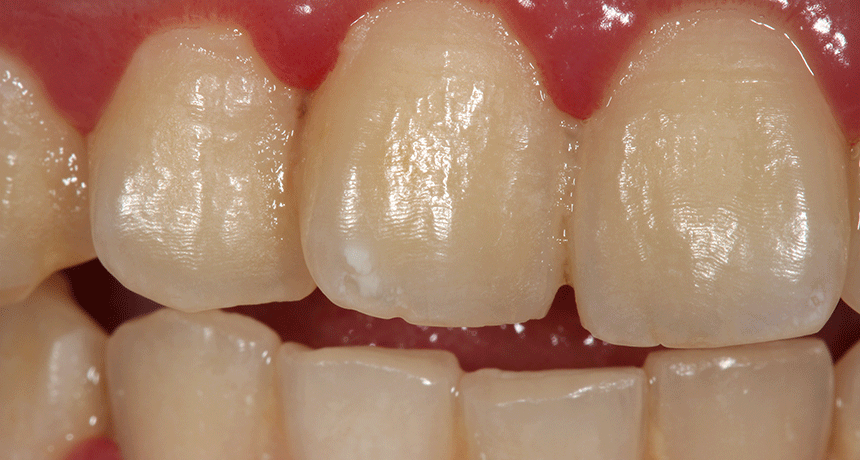 Microbes
MicrobesScientists Say: Biofilm
When times get tough, some microbes like to stick together. They form a mass stuck to a surface, called a biofilm.
-
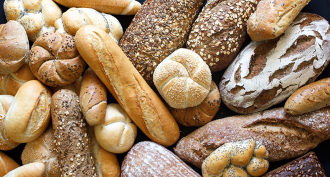 Health & Medicine
Health & MedicineYour gut’s germs may decide whether white bread or whole wheat is best — for you
Surprise! Gut microbes may determine how your body responds to starches in the diet.